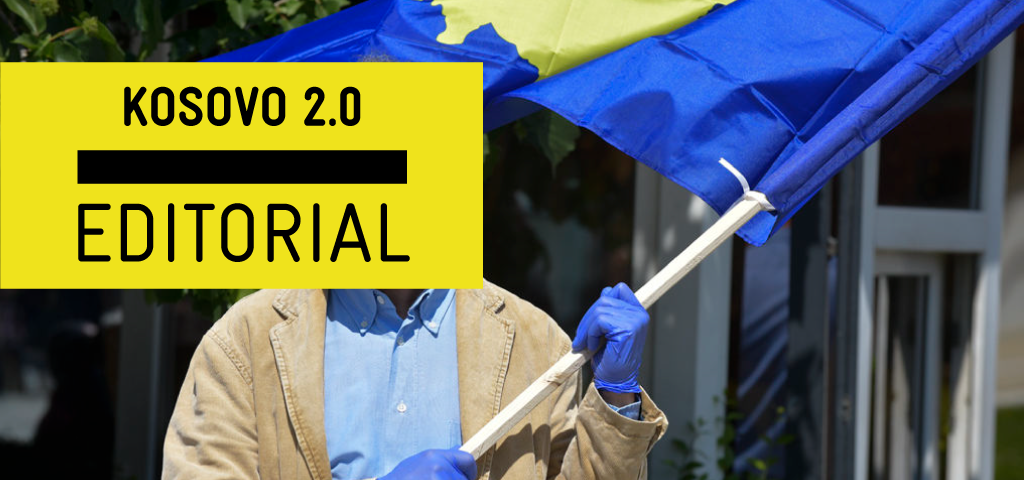
History belongs to the citizens
Let’s play our part in writing June 3.
Unwavering, the president delivered a press conference, repeating his well-versed rhetoric about democracy, which has long lost all meaning coming from his mouth.
Our dignity may have been stripped once again and we are tired. But this is not the time to give up.

Besa Luci
Besa Luci is K2.0’s editor-in-chief and co-founder. Besa has a master’s degree in journalism/magazine writing from the University of Missouri’s School of Journalism in Columbia, U.S..
DISCLAIMERThe views of the writer do not necessarily reflect the views of Kosovo 2.0.
This story was originally written in English.